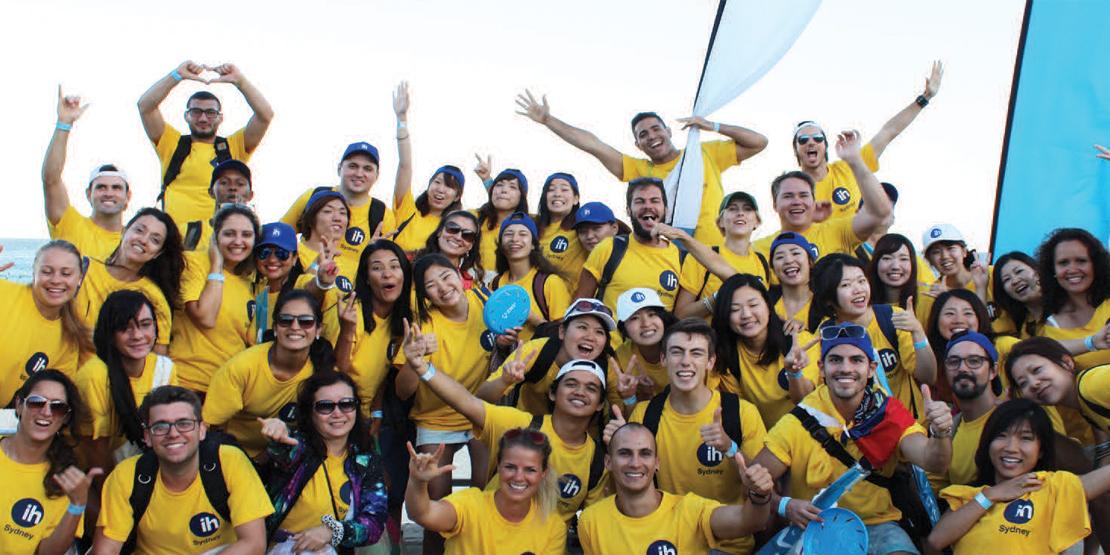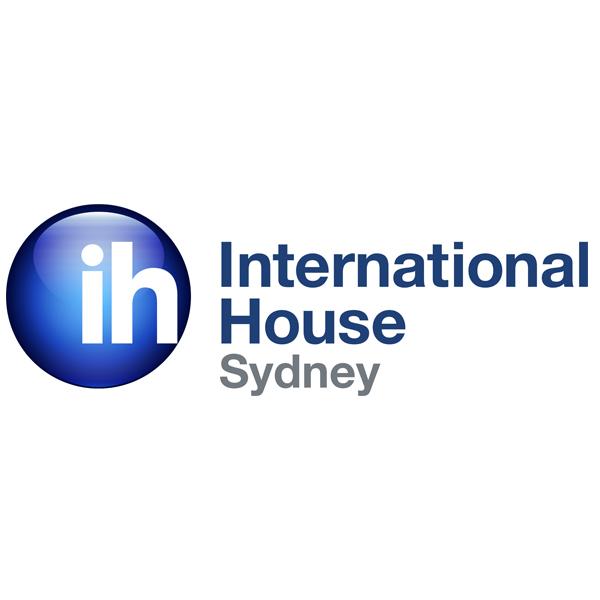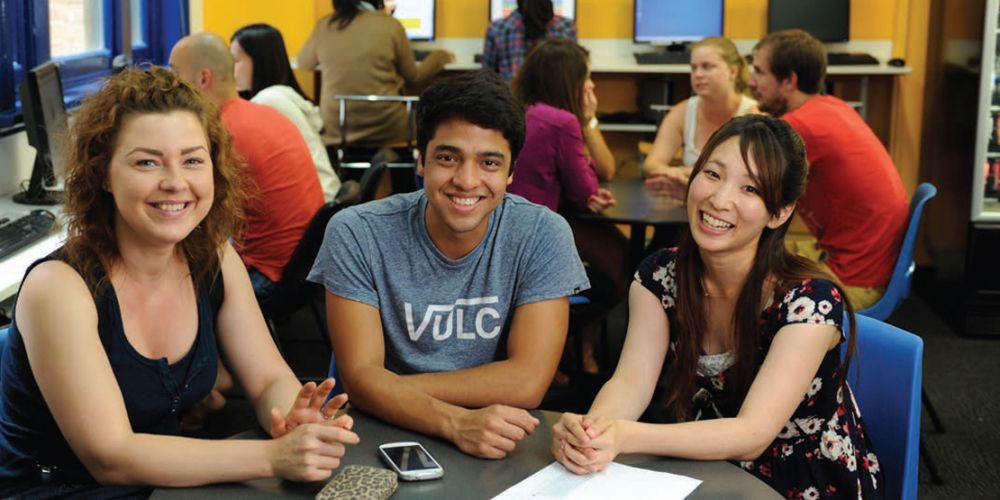


What time should I arrive at IH Sydney on my first day?
Your first day begins at 8am for Teacher Training students, 8:20am for daytime English students, and 4pm for evening English students. When you arrive at the college, go to the Reception desk on level 1 to record your arrival. Remember to bring your passport, Offer Letter and any other documents we may have requested from you.
What do I do before I start classes?
Once you have been marked as arrived, you will also be asked to complete a short English language test which will help us place you into the right class. A member of staff will show you around the school and its surroundings. You will also be given a Student Orientation Handbook which contains maps, staff profiles, and lots of college information which will help you settle in. You will also be given a Student Orientation Handbook which contains maps, staff profiles, and lots of college information which will help you settle in.
Will I have access to computers?
You will have access to computers with internet on all three levels of the school. IH Sydney also offers free wireless internet access for students with laptop computers and smart phones.
Can I work in Australia while I study?
International students in Australia on a Student visa (with work rights) can work up to 20 hours per week. Those on a Working Holiday visa are permitted to work full-time whilst in Australia. Find out more about work rights at the Department of Immigration.
Can I take a holiday during my studies?
Holiday leave will only be granted under special circumstances. You must first speak to a Student Services Officer to submit a written request, which can then be approved by College management.
Do I need to have Health Cover/Insurance?
The health care provider we use is Worldcare (Allianz Global Assistance). There are two different options, depending on what kind of visa you are entering Australia on. For student visa holders, it is compulsory to purchase Overseas Health Cover (OSHC) for the length of your visa. IH Sydney can arrange this for you, or you may choose to purchase your own. If you have travelled on a working holiday or tourist visa, it is not compulsory that you have health cover, however you may choose to purchase Educover, which provides insurance cover similar to the Medicare benefits available for Australian citizens. For more information on health cover, go to www.oshcworldcare.com.au
What is the weather like in Sydney?
Summer in Sydney is usually quite warm and humid, with an average daily temperature of 26°C, but you may need a light jacket in the air-conditioned classrooms and evenings.
Winter is quite mild, with an average daily temperature of around 17°C, however as we are near the ocean it can be quite cold and windy. If you are arriving in July you will need plenty of warm clothing as it is the coldest month of the year.
Can I use my mobile phone in Sydney?
If your existing mobile phone provider has an “international roaming” agreement with a network in Australia, you can use your phone to make and receive calls in Australia. This can be very expensive, so it may be better to choose a “prepaid sim card” option once you arrive. Our main networks are Telstra, Vodafone and Optus.
Can I exchange money there?
The exchange rate for the Australian Dollar fluctuates, depending on the foreign exchange market. You can exchange foreign currency for AUD at any of the larger banks, Post Office and also various exchange centres in the Sydney CBD. Our Student Services Officers can help you with this. We recommend that you do not carry more than $200 in cash when you are in Australia, as this should be enough to cover any initial incidental expenses.